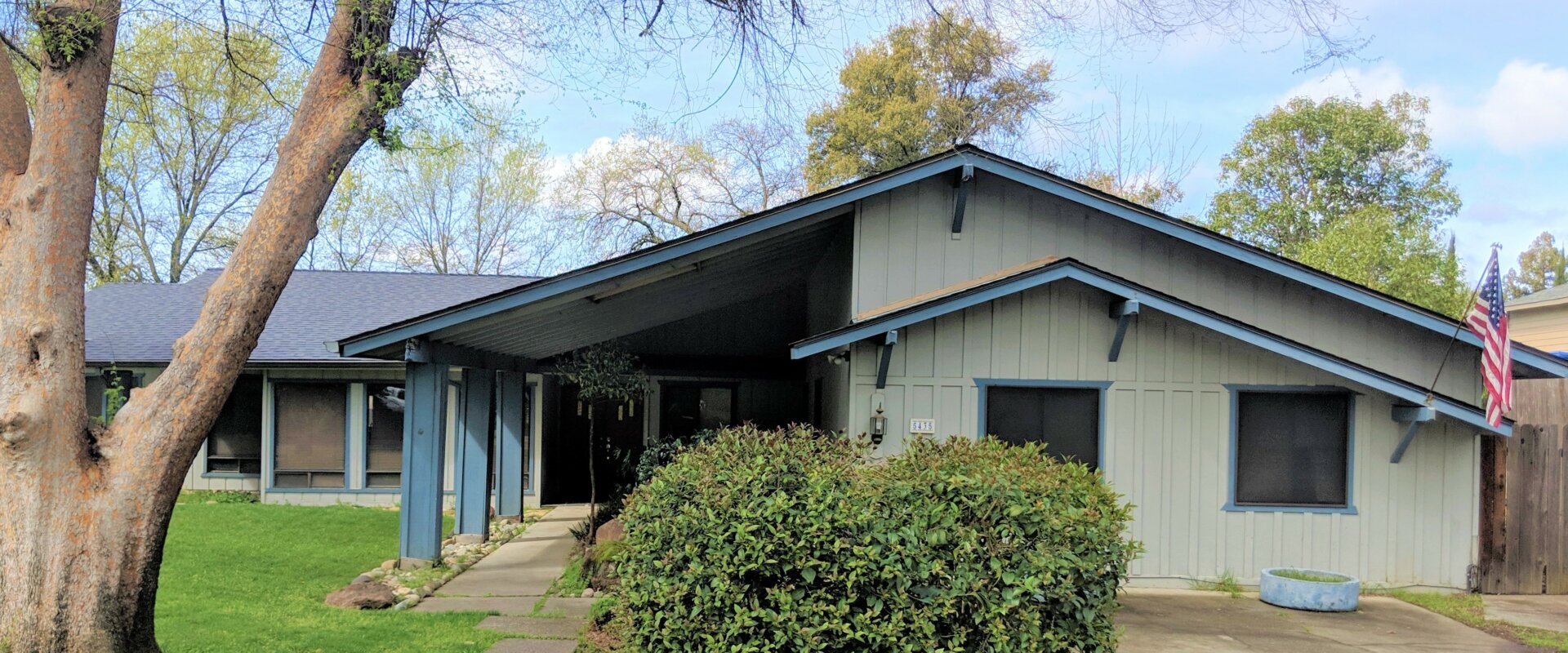If you’ve ever tapped into your home equity or needed some extra funds for a home remodel, you may have taken out a second mortgage. These loans specifically leverage the value of your home and are typically considered subordinate to your primary mortgage. But what happens when you can pay your primary mortgage and start to fall behind on your second mortgage? A 2nd mortgage foreclosure can be a headache. However, you might not lose your property like you would with a foreclosure on your primary loan. Let us explain.
What are common types of second mortgages?
There are two main types of second mortgages: Home equity loans and home equity lines of credit. As we mentioned above, these second mortgages are secondary liens that apply to the portion of the property you’ve paid off (aka, equity). Many lenders will allow you to take out a second mortgage that is less than the total equity in the home. More rarely, homeowners may take out a second mortgage at the point of purchase in order to cover the down payment.
Home Equity Loans: These operate similarly to your primary mortgage. You get the money in a lump sum with an interest rate, and pay off over time.
HELOCs: A line of credit works like a credit card. You have access to a certain amount of money, and you can withdraw as needed for home improvement projects, etc. Once you borrow against it, you become responsible for a monthly payment.
Can your second mortgage holder file foreclosure?
Yes, your second mortgage holder can try and file foreclosure if you fall behind. While the process is not as straightforward as a regular foreclosure, you don’t want to fall behind on a second loan.
What happens if your primary mortgage is current?
As NOLO explains, you may still be foreclosed on even if your primary mortgage is current. What happens during a 2nd mortgage foreclosure depends a lot on the state of your primary loan and whether you have any equity in the property. Typically, the first mortgage is considered a senior lien holder and the second mortgage is a junior lien. Here are two primary factors to consider:
1. If the recording date on your first mortgage predates your second mortgage, the second mortgage is considered a subordinate loan. However, if you refinanced after you took out a second mortgage, the second mortgage becomes the older loan and gains some superiority. This might inform whether or not the second mortgage holder is successful in suing you for foreclosure. If your primary loan is current, that lender may show up in court to object to the foreclosure.
2. A home with more equity is more likely to get foreclosed on, because the second mortgage holder has a guarantee to get their money back. If you’re upside down, the second mortgage lender may not bother with foreclosure. However, you’ll still be on the hook for repaying what you owe.
Navigating a 2nd mortgage foreclosure
Even if your second mortgage holder is unable or unwilling to file a foreclosure against you, they are still entitled to sue you to recover what you owe. You should get the help of an attorney as soon as possible to try to negotiate a way to pay them back. As a junior lien holder, your second mortgage lender may be happy to work with you in order to avoid court — and having to inform your primary lender of their intentions.
Want to sell instead?
If you’re behind on your second mortgage and ready to relocate anyway, we may be able to help. California Family Homebuyers buys Sacramento area homes that are in need of repair and/or owned by people who need to sell fast. If you’re facing a 2nd mortgage foreclosure and would rather sell, settle, and move on than face a court battle — give us a call today!

